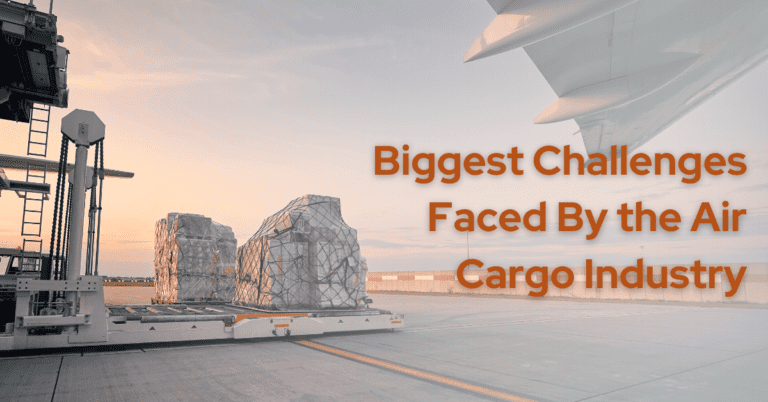Compared to other forms of transportation, air freight is the quickest, most trustworthy, and best supported. Despite the difficulties, air freight is preferred for significant and valuable cargo even if it is more expensive. These challenges include limitations on cargo, rapid rate adjustments, limited response times, and the possibility of substantial detention and demurrage costs even for the smallest mistakes. So, there are lots of problems and challenges in the air cargo shipping industry:
1. Lack of Technology:
The most important requirement for a firm is technology. Most cargo services utilize a manual system. Without technology or, for example, automation, managing everything is difficult. Most of the time, personnel must carefully review the orders. Manual labor is effective, but they still require assistance to do the check quickly.They also must deal with human mistakes. They occasionally require assistance to find systemic flaws. However, a small mistake in an international cargo could have serious consequences.
Without automation, it would be impossible to handle larger orders. The program is not used by many businesses. They are unable to automatically check the inventory without software. Additionally, they are unable to retain a complete record of the goods. As a result, they have problems handling the items.
2. Lack of Knowledge:
We’ve seen that air freight is necessary for quick cargo delivery. However, most people are unaware of how the operations work on the back end. The back end has a knowledgeable staff. They are accelerating the processes. They are then unable to delay anything. Orders could be canceled or lost because of a minute delay. So, they must move quickly.They also understand the processes very well. Let’s say one of the members of your team is incompetent or reckless. Consequently, it has an impact on all goods.

